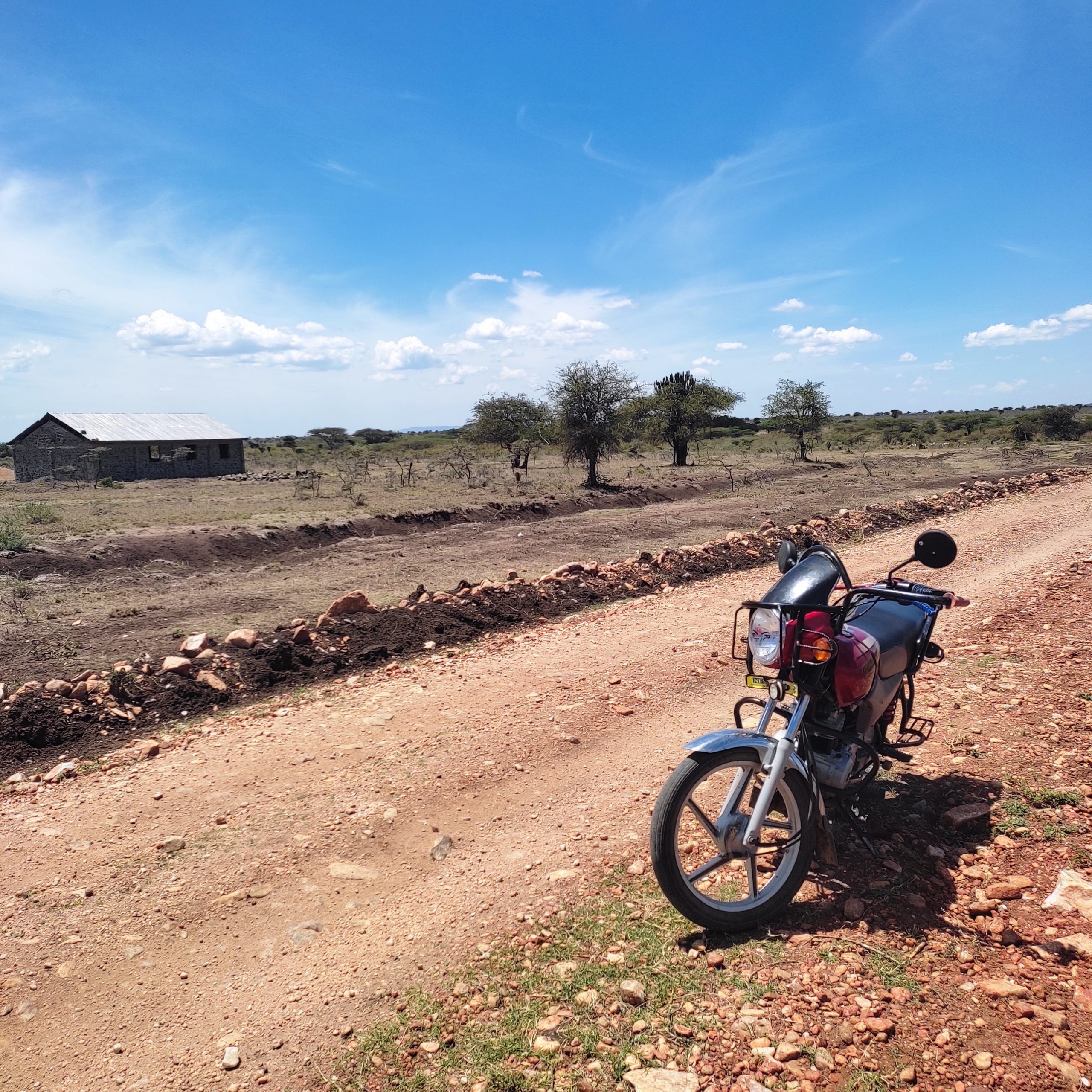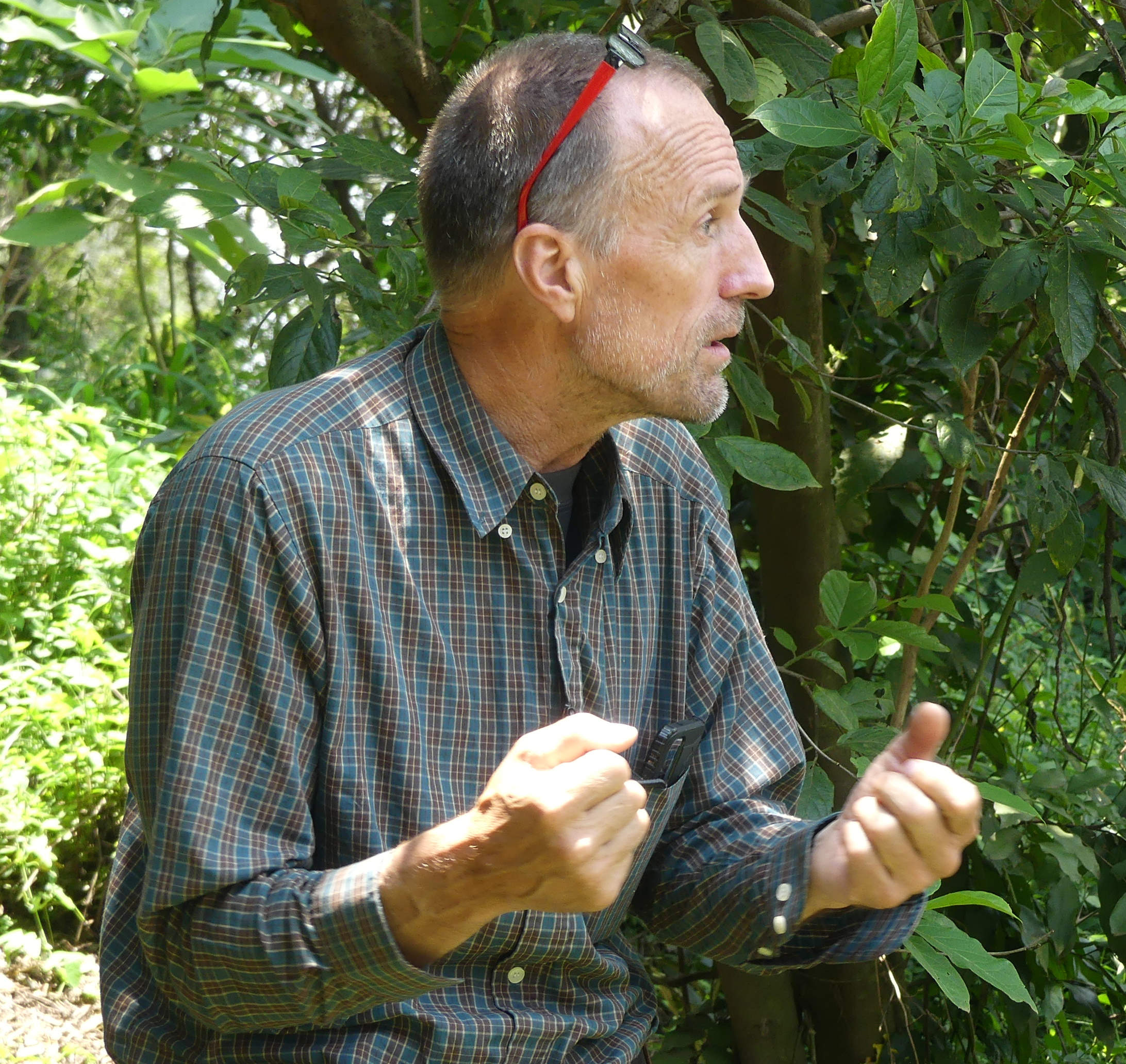Who are we?
Various motivations but a common goal
Make a donation, US$
make a donation, EUR
join us

Our story
The Mara Grassroots Movement (MGM) is the initiative of Oscar Huygens who holds a PhD in ecology and conservation. MGM is registered in France, where it is recognized of Public Interest (d’intérêt général) and where it can thus receive donations that are 2/3 tax deductible.
Oscar has already spent substential time in the Mara. This allowed him to get a feeling of the state of the savannas and to evaluate and compare the various grazing practices used in the region. The ecological needs of the grasses and of the savannas, on which the economy of the region depends, are generally poorly understood and not taken into consideration when making grazing management decisions. The consequences are generally degraded savannas, sometimes drastically so: bare soil baked by the sun and beaten by the rains, poor water infiltration and retention, poor plant diversity, and erosion.
Oscar created the Mara Grassroots Movement to counter these trends. This not-for-profit society is registered in France where it can receive partially tax deductible donations. Its aim is to encourage the use of regenerative grazing practices which concentrate livestock in a given area for a short period and then allow grasses ample time to recover before the next grazing event.
What Dr. Oscar Huygens can bring to the project
Oscar’s numerous experiences and qualities allow him to contribute fully to this project.
As detailed hereunder he has all the necessary human, scientific, practical and pedagogical experience to understand the issues confronting the Maasai, to explain the benefits of regenerative grazing and encourage and organize its implementation and integration in Maasai culture.
Agricultural background
Born on a farm in France, agriculture has always been a central part of his life. At 20, he left for the USA where he worked as a cowboy on two of the largest ranches in Wyoming for 18 months. He then obtained a bachelors in agricultural-economics from Montana State University in Bozeman where he also already developed and interest in regenerative grazing practices.
Ecologist and conservationist
During the summers, while a student in Montana, he helped with herding a band of 1500 sheep in the Absaroka-Beartooth Wilderness Area just north of Yellowstone National Parc. His interactions with predators, including grizzly and black bears, mountain lions, wolves and coyotes stimulated his interest in conservation and in the cohabitation of large carnivores with humans, which became the subject of his doctoral thesis.
Social skills
Oscar has an astonishing facility in establishing new contacts and his experience organizing and leading nature and culture tours in close to 15 countries over a 25 year period taught him to easily adapt to different situations and cultures.
Comfortable in a teaching environment
He has also worked in a teaching environment for 11 years and is comfortable in transmitting ideas and concepts using easily understandable explanations and narratives. This has already proven useful in his interactions with Maasai livestock owners and herders.
With your help we can participate in the fight against global warming
Soils, through its organic matter content, provides indispensable ecosystemic services (services provided by natural systems). These include water infiltration and retention, aeration, stability, biological activity, biodiversity…
Assuring a soil is 100% covered with vegetation helps to optimize these services by stopping erosion, solar thermal degradation of bare soil, and water runoff which can cause floods downstream.
A good place to start to understand these concepts is to watch the Kiss The Ground documentary (link provided on the right).
KISS THE GROUND
The first stage of the project took place in 2021
During this first 3 months immersion in the Masai Mara Oscar established numerous friendly and professional contacts with local stakeholders including owners and herders, conservancy managers, rangers and school directors. These contacts proved invaluable in establishing a diagnosis and Oscar was able to establish that most of the people he met were aware of the degradation of the savanna and interested in participating in the project.
Oscar has thus already woven a significant local social network.
Observation to assess the state of the savannas
The objective of this first stay was to study the grazing practices utilized by the various owners and land managers and to evaluate their consequences. Savanna and land degradations are near ubiquitous and soils are only too rarely fully covered by vegetation even though the climatic conditions are favorable (temperatures never exceeding 30°C and rainfall of up to 1000mm and more per year).
It should thus be possible to obtain good results in terms of increased ground cover and carbon sequestration in the Masai Mara.
The letter of the president
Thank you for joining us and contributing to the success of our work. We are not so much about nice speeches and pictures as we are about finding long lasting real and efficient solutions to the climate crisis in spite of a tiny budget. Except for a few locals who will act as part time translators and facilitators all of us are volunteers and do not expect any personal compensation for our work. Your donations are thus utilised only to finance our actions and cover our costs.
You may be wondering as to why we center our action in Kenya’s Masai Mara. Why not work with the livestock owners of the Limousin in central France or with the cereal farmers further north? There too regenerative farming practices could raise soil carbon content dramatically with no less dramatical effects on global warming. We chose the Masai Mara because that is where we determined we could have the greatest impact. In France and most of Europe soil enhancing practices are issues for each individual farmer or landowner to address. In this context, convincing each farmer to adopt regenerative farming practices did not seem like a realistic way for our small organisation to try to make a difference in the fight against global warming. Encouraging the agricultural communities of richer nation to adopt regenerative farming practices sequestering large amount of carbon in their soils, and solutions exist for every situation, is a task for governments and larger organisations and pressure groups. We felt we would be more likely to obtain good results, and on a much grander scale, in the Mara where livestock husbandry has historically been more collective. Furthermore, the Maasai, who are often living on the edge of poverty, are more open to practices likely to fight the desertification they witness on a daily basis. Our approach is to establish pilot projects throughout the area to demonstrate the efficacy of the regenerative grazing practices we advocate, to encourage more and more livestock and land owners and managers to participate in the program on the basis of our results, and to eventually spread our methods throughout the country and the greater region. One thing is for certain, carbon sequestration in soils, wherever it takes place, provides benefits for the entire planet in the context of the fight against global warming. It is therefore totally logic for us to act where we think we might be the most rapidly efficient. After a 3 months study trip we confirmed that the MASAI MARA is the correct place for us to start.
Oscar Huygens
Oscar Huygens
Join us!
Make a donation
Join us

© MGM 2022
Mara Grassroots Movement
7 rue de la Dame Jouanne
77760 LARCHANT France
Mentions légales et politique de confidentialité
Politique de cookies

